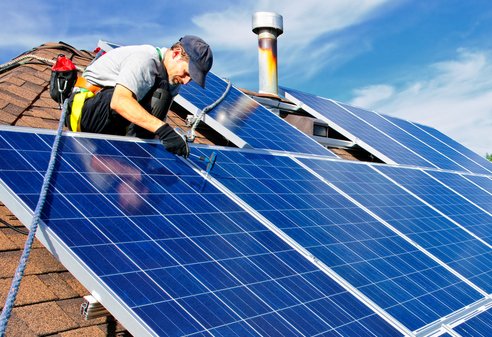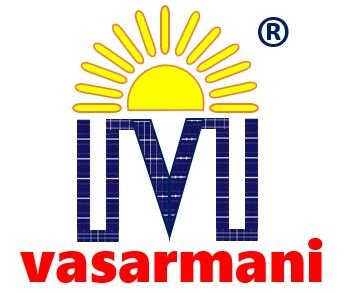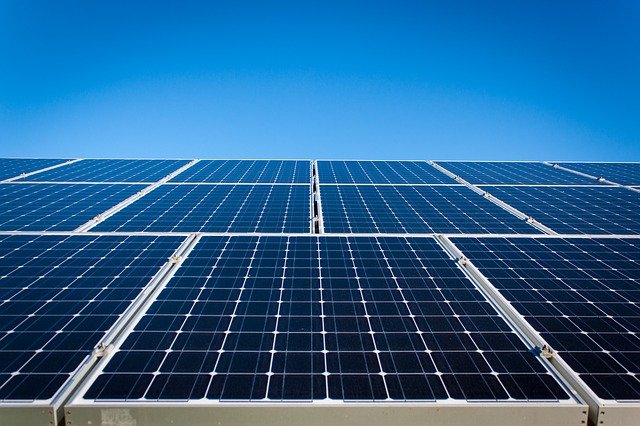


Solar energy is a renewable resource, meaning it won't ever run out or be in short supply. We simply need to build enough solar panels to capture it. Solar energy reaches us via the sun's rays, while fossil fuels come from ancient carbon-rich remains on earth.
Solar energy is clean, in abundance and free to harness thus reducing monthly electric bills. Thanks to new technologies and solar incentives, it is good time to invest in clean solar energy.
Solar system has a very little maintenance. One has to ensure that panels should be clean, free from any dust and spots. As any dust or spot over panel will reduce the generation.
Excess solar power from the inverter may flow out of the house through the utility company’s electric meter and into the city-wide grid. When this occurs, the meter may run backward, and the utility will credit the out flowing solar electricity against electricity purchased from the grid at other times, like at night. This process is called net-metering.
The financial benefits of going solar are now well documented. Solar panel systems actually function as investments with strong rates of return. Minimum ROI is 40%. One can calculate the ROI with information like Gross cost of solar panel system, Value of financial incentives, Average monthly electricity use and estimated electricity generation.
Generating electricity with solar power instead of fossil fuels can dramatically reduce greenhouse gas emissions, particularly carbon dioxide (CO2). One of the biggest benefits of solar energy is that it results in very few air pollutants. Widespread solar adoption would significantly reduce nitrous oxides, sulfur dioxide, and particulate matter emissions, all of which can cause health problems. Solar energy not only saves money on electric bills but also reduces carbon footprint and improves the overall health.
As a general rule of thumb, solar panels should last at least 25 to 30 years, based on manufacturer testing. The figures used for solar calculations are also based on a working life of 25 years. However, life expectancy also depends on the quality of the manufacturing process and installation and the type of solar panel installed.
The accelerated depreciation benefit allows the commercial and industrial users of solar power in India to depreciate their investment in a Solar Power Plant at a much higher rate than general fixed assets. This in return allows the user to claim tax benefits on the value depreciated in a given year. The following example further illustrates the point for the ease of understanding–
This is the best time to install solar power Whole world is suffering from pandemic COVID-19 and thi...
Are you worried? About paying your electricity bills at higher cost? About wastage of litres of...
2